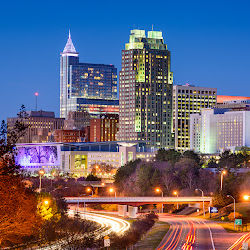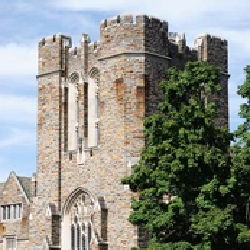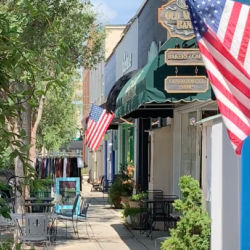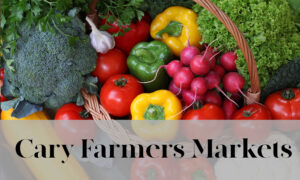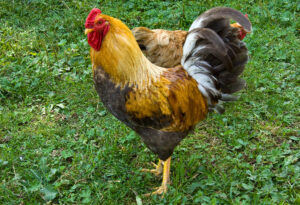Urban Farming in the Triangle – Farms for Sale Raleigh NC
Homesteading requires that you do some advanced research to make sure you are following all applicable laws. In order to keep livestock or poultry on your property you will need to check the following places. If you need a Realtor experienced in this kind of research, contact me!
Urban Farming Rules & Regs
- Home Owners Association (HOA) – The HOA is a organizational body that governs the subdivision in which they are created. The HOA has a board of directors which enforces the regulations created by them. Any member of the HOA can report another member for failure to comply with the regulations. Consequences of those failures are handled directly by the HOA board. It is very unusual to find a subdivision with an HOA that is friendly to homesteading, but they do exist. In neighborhoods where livestock is prohibited, it is still sometimes possible to raise non-traditional livestock such as rabbits and fish – think Koi Pond!
- Restrictive Covenants affecting Urban Farming – Restrictive Covenants, sometimes called Protective Covenants, are usually drawn up by the builder when the property is developed. They may or may not be recorded in the public record. There is a wide variety of regulations found in restrictive covenants that effect urban farming in the Triangle. Some allow livestock, some do not. Some allow “gentleman’s livestock” (i.e., horses), but not cattle or other types of livestock. The main difference between Covenants and an HOA is how they are enforced. While an HOA is enforced (or not) by its members, Covenants are enforced by the legal system. If a resident in an HOA community had a complaint against another resident, they would go to the HOA board for a resolution. If a resident of a subdivision governed by Covenants had a complaint against another resident, he would have to take the matter to court.
- Municipal Codes affecting Urban Farming– Municipal codes are the laws put into effect by local governments. Because Triangle Counties have historically been farming communities, municipal codes that effect urban farming are usually at the city level. Cities use law enforcement and animal control to enforce these codes. You can download the city ordinance chart for Wake County at the bottom of the page. Call me if you need to know ordinances for cities outside of Wake County.
- Extra Territorial Jurisdiction (ETJ) – In some cases, properties located outside of city limits are subject to the zoning laws of nearby towns and cities, which will effect urban farming. In the state of North Carolina, cities have the right to enforce their zoning regulations 1- 3 miles outside their borders (depending on city population). So, even if you find a property that isn’t located within the city limits, it’s important to check if the property is located within the ETJ to make sure you’re not bound by city zoning laws that will limit your ability to raise livestock or poultry.
Farms for Sale Raleigh, NC and beyond!
- Urban Farming Friendly Properties – This collection of subdivisions in Raleigh all have covenants that have either expired or that do not restrict urban farming. Search here for your next Urban Farm Home!
- Farms for Sale Raleigh NC and the Greater Triangle Area – Search here for properties with a minimum of 2 acres and not governed by Subdivision Regulations. Keep in mind that town, county and ETJ regulations may still apply. Contact me for a personal consultation. I would love to help you find the perfect farm!
- Horse Farms – Looking for barns and pastures? Search here!
Urban Farming Resources
- Urban Farming on Facebook – Check out our Urban Farming Facebook pages:
- Triangle Farms and Urban Homesteads for Sale – Updated daily with the most desirable farm properties in the Triangle.
- Triangle Farms and Urban Homesteads Community – A place to share your struggles and questions and expertise about farming, as well as to buy, sell, barter and trade your farm goods.
Urban Farming Laws by City
